Contents
Introduction
Daniel Dennett is a distinguished American philosopher, cognitive scientist, and author renowned for his extensive work on consciousness, free will, and the philosophy of mind. As a leading figure in the field of cognitive science, Dennett has significantly influenced contemporary thought through his interdisciplinary approach, blending philosophy, neuroscience, and evolutionary biology. His theories challenge traditional notions of consciousness and intentionality, advocating for a materialist and functionalist understanding of the mind.

Dennett’s prolific writings, including Consciousness Explained and Darwin’s Dangerous Idea, have made complex philosophical concepts accessible to a broad audience, cementing his status as one of the most influential philosophers of his time. This article explores Dennett’s life, major theories, and the profound impact of his work on modern psychology, philosophy, and cognitive science.
Early Life and Education
Daniel Clement Dennett was born on March 28, 1942, in Boston, Massachusetts, USA. Growing up in a family with a strong emphasis on education and intellectual curiosity, Dennett developed an early interest in understanding the human mind and behavior. His formative years were marked by a fascination with science, literature, and philosophy, which laid the groundwork for his future academic pursuits. Dennett’s commitment to exploring the intricacies of consciousness and cognition guided his educational journey, ultimately leading him to become a pivotal figure in contemporary philosophy and cognitive science.
Image Source: Tufts Now – Tufts University
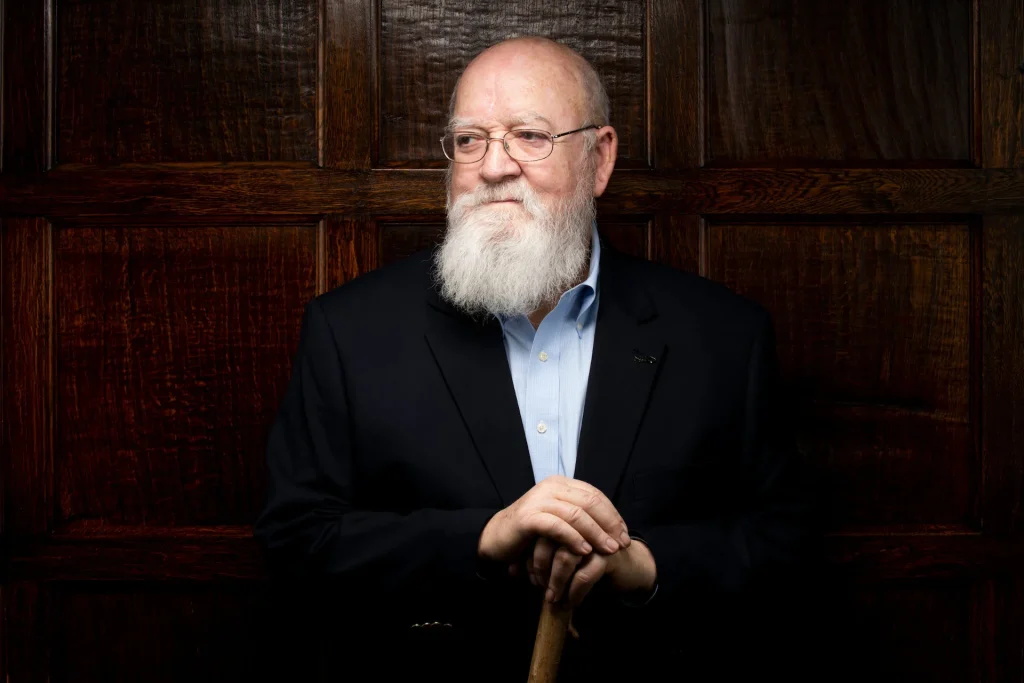
Educational Journey
| Aspect | Details |
|---|---|
| Undergraduate Education | Dennett pursued his undergraduate studies at Harvard University, where he earned a Bachelor of Arts degree in Philosophy in 1965. His undergraduate work focused on metaphysics, epistemology, and the philosophy of mind, sparking his enduring interest in consciousness and intentionality. |
| Graduate Studies | Dennett completed his Ph.D. in Philosophy at the University of Oxford in 1969, where he was a Marshall Scholar. At Oxford, he was influenced by prominent philosophers such as Gilbert Ryle and Peter Strawson, who shaped his analytical approach to philosophical problems. His doctoral dissertation focused on the nature of consciousness and the mind-body problem, laying the foundation for his future contributions to cognitive science and philosophy of mind. |
| Postdoctoral Training | After earning his doctorate, Dennett conducted postdoctoral research at Harvard University, where he collaborated with leading cognitive scientists and philosophers. This period was crucial in refining his interdisciplinary approach, integrating insights from neuroscience, evolutionary biology, and artificial intelligence into his philosophical work. |
Influences and Early Career
| Aspect | Details |
|---|---|
| Gilbert Ryle | Dennett was profoundly influenced by Gilbert Ryle’s work on the philosophy of mind, particularly Ryle’s critique of Cartesian dualism and his advocacy for a behaviorist approach to understanding mental phenomena. Ryle’s emphasis on the importance of language and conceptual analysis informed Dennett’s own analytical methods. |
| John Searle | While Dennett and John Searle have engaged in extensive debates, Searle’s work on consciousness and intentionality provided a counterpoint that helped Dennett refine his theories. Their intellectual exchanges have been instrumental in advancing discussions on the nature of consciousness. |
| Daniel Kahneman and Amos Tversky | The psychological theories of Kahneman and Tversky on cognitive biases and heuristics influenced Dennett’s understanding of human decision-making and rationality. Their work provided empirical support for Dennett’s arguments about the limitations of human cognition. |
| Evolutionary Biology | Influenced by the works of Charles Darwin and evolutionary theorists, Dennett integrated principles of natural selection and adaptation into his philosophical analyses. This interdisciplinary approach enabled him to explore the evolutionary origins of consciousness and intentionality. |
| Artificial Intelligence | Dennett’s engagement with the field of artificial intelligence, particularly the theories of computation and information processing, informed his views on the functional aspects of the mind. His collaboration with AI researchers enriched his understanding of cognitive processes and the potential for artificial consciousness. |
Major Theories and Work
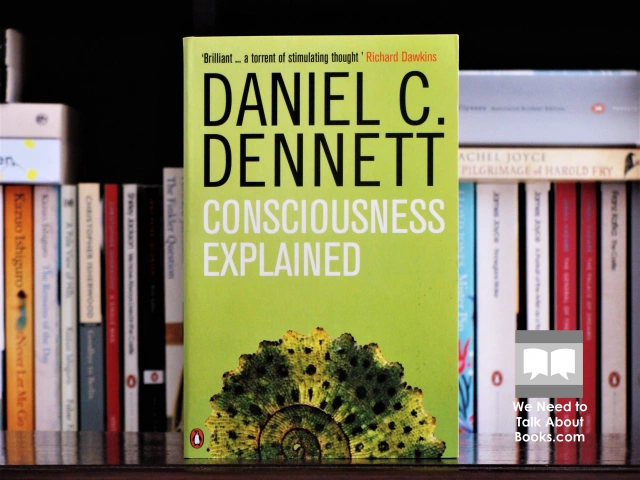
Consciousness Explained
Daniel Dennett’s seminal work, Consciousness Explained (1991), offers a comprehensive theory of consciousness that challenges traditional Cartesian dualism and proposes a materialist and functionalist understanding of the mind. Key elements of this theory include:
- Multiple Drafts Model: Dennett introduces the Multiple Drafts Model, which posits that consciousness consists of parallel, distributed processes in the brain rather than a single, unified stream of consciousness.
- Fame in the Brain: He introduces the concept of “fame” in the brain, referring to the neural representations that gain prominence through widespread activation. Fame in the brain allows certain information to become part of conscious experience by being widely accessible and integrated across different cognitive systems.
- Narrative Self: Dennett argues that the self is a constructed narrative, a story that the brain creates to make sense of experiences and actions. This narrative self is not a single entity but a dynamic and fluid construct that evolves over time.
Image Source: We Need to Talk About Books
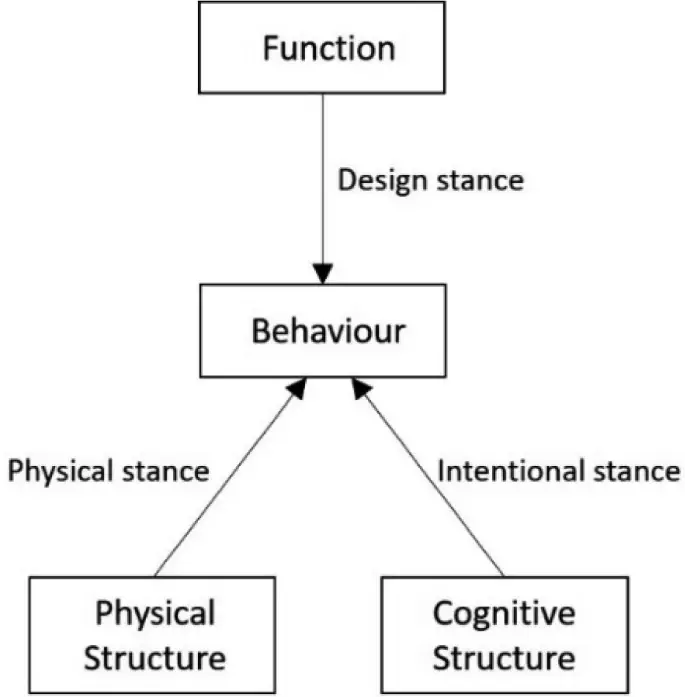
Intentional Stance
In his influential essay “The Intentional Stance,” Dennett proposes a pragmatic approach to understanding and predicting the behavior of entities by treating them as if they have intentions and beliefs. Key aspects include:
- Pragmatic Tool: The intentional stance is a predictive strategy used to explain and anticipate the actions of agents by attributing beliefs, desires, and rationality to them, even if those agents are not conscious or intelligent in the traditional sense.
- Levels of Analysis: Dennett distinguishes between the physical stance, the design stance, and the intentional stance, each offering different levels of explanation depending on the complexity of the system being analyzed.
- Applicability to AI and Animals: The intentional stance can be applied to a wide range of entities, including artificial intelligence systems and animals, facilitating a common framework for understanding diverse forms of behavior.
Image Source: SpringerLink
Famous Books and Publications
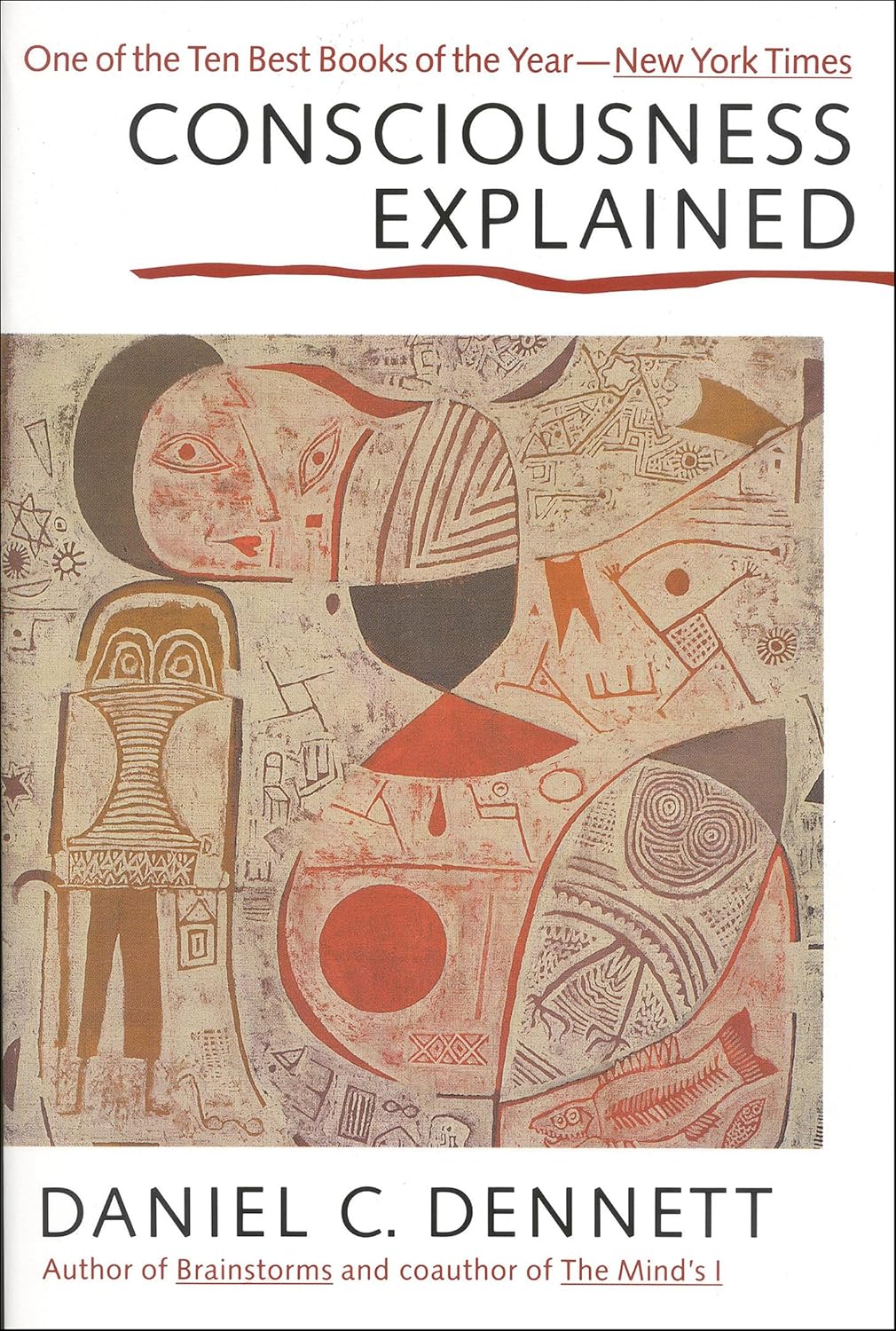
Consciousness Explained
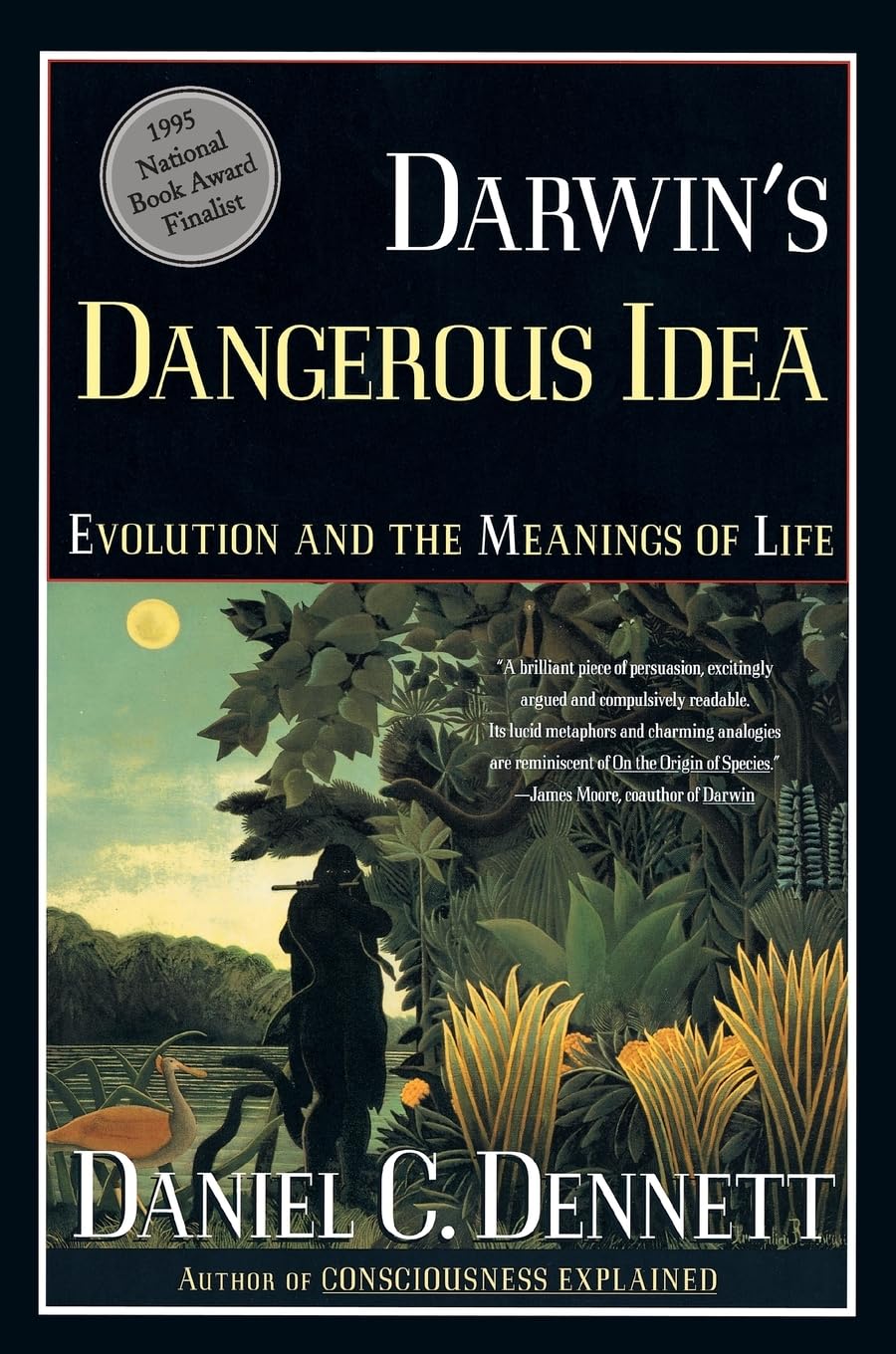
Darwin’s Dangerous Idea: Evolution and the Meanings of Life
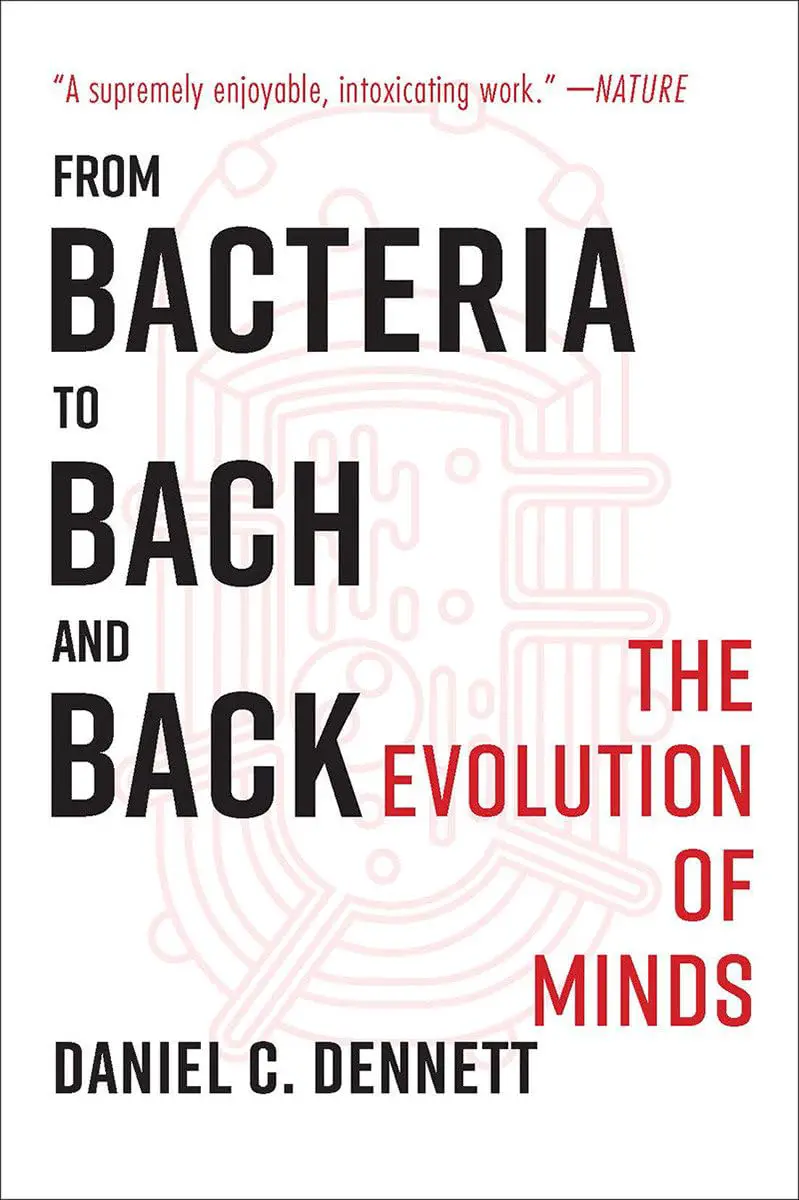
From Bacteria to Bach and Back: The Evolution of Minds
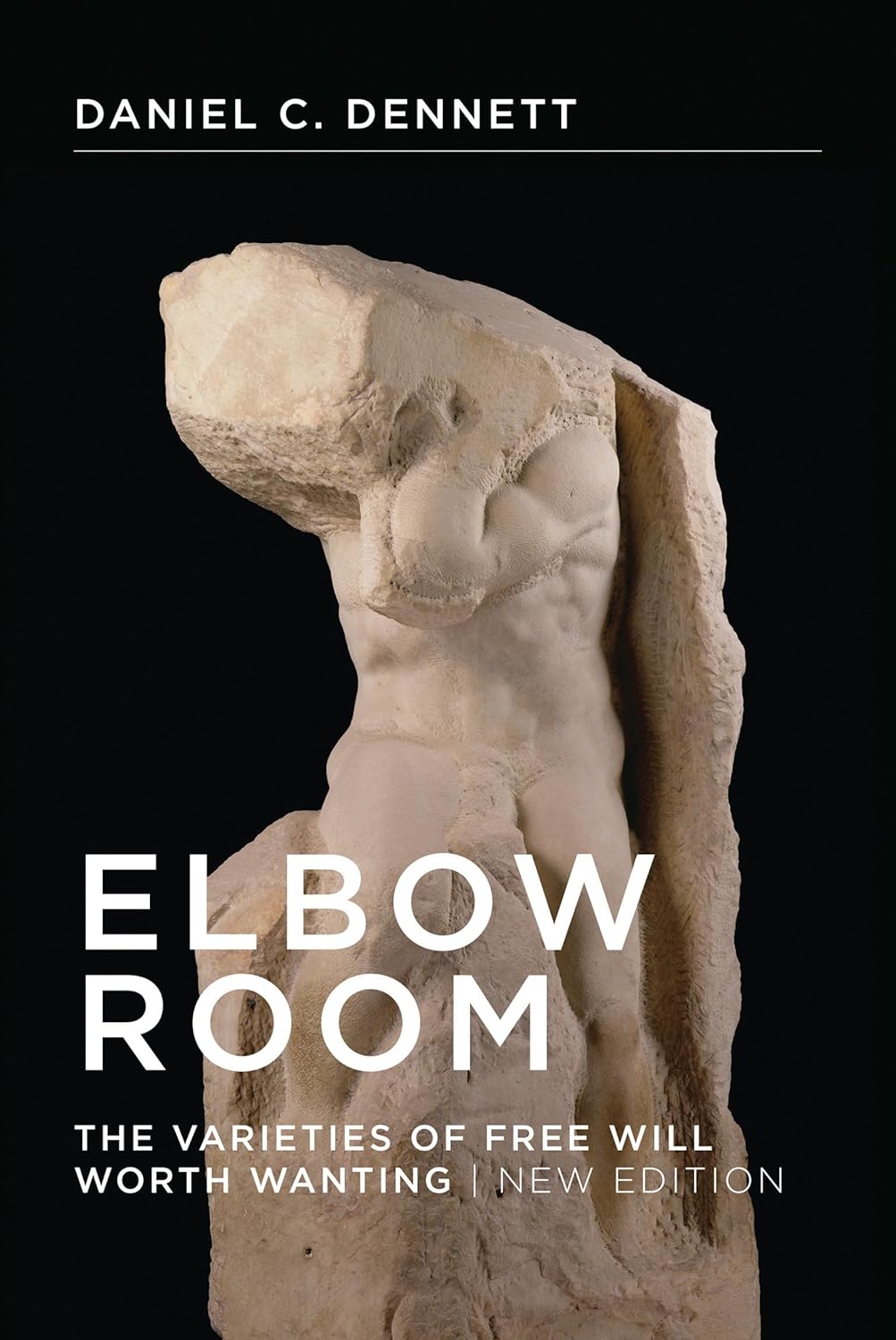
Elbow Room, new edition: The Varieties of Free Will Worth Wanting
Influence on Contemporary and Future Psychological Research
Dennett’s theories continue to shape contemporary psychological research, inspiring new studies and applications in various domains:
- Cognitive Science: Dennett’s interdisciplinary approach has prompted cognitive scientists to incorporate philosophical insights into their research, leading to a more comprehensive understanding of the mind and behavior. This integration has enriched discussions on cognition, perception, and consciousness.
- Artificial Intelligence: His theories on the intentional stance and functionalism have significantly influenced the development of AI systems designed to mimic human-like decision-making and intentionality. These ideas have driven advancements in machine learning and cognitive robotics, shaping how we understand AI behavior.
- Consciousness Studies: Dennett’s Multiple Drafts Model has spurred ongoing research into the neural and cognitive mechanisms underlying consciousness. His framework has encouraged scientists to explore alternative theories and conduct empirical investigations, enhancing our understanding of conscious experience.
- Evolutionary Psychology: By highlighting the influence of evolution on cognitive processes, Dennett has impacted studies examining how evolutionary factors shape moral reasoning, social behavior, and cognitive functions. His work promotes a deeper exploration of the connections between evolution and psychology.
Psychologists and Philosophers Influenced by Daniel Dennett

- Patricia Churchland: A leading figure in neurophilosophy, Churchland has drawn from Dennett’s materialist perspective on the mind, merging philosophical concepts with neuroscientific findings. Her work emphasizes the biological underpinnings of mental processes and the importance of integrating philosophy with empirical research.
- David Chalmers: Renowned for addressing the hard problem of consciousness, Chalmers often critiques Dennett’s functionalist approach. His engagement with Dennett’s theories sparks debates that challenge and refine our understanding of consciousness, promoting a more nuanced exploration of subjective experience.
- Steven Pinker: A cognitive psychologist and linguist, Pinker’s research on language and human nature aligns with Dennett’s theories on consciousness and intentionality. This intersection fosters collaborative discussions about the evolution of cognitive processes, enhancing our comprehension of the mind’s complexities.
- Noam Chomsky: Best known for his contributions to linguistics and cognitive science, Chomsky’s dialogue with Dennett on intentionality and the philosophy of mind has enriched interdisciplinary discussions. Their exchanges highlight the intricate relationships between language, cognition, and philosophical inquiry.
Impact on Psychology
- Influence on Modern Thought: Daniel Dennett’s exploration of consciousness, free will, and the philosophy of mind has fundamentally reshaped contemporary psychology and cognitive science. By championing a materialist and functionalist view, he offers a rigorous framework for understanding mental phenomena, moving away from dualistic explanations. His work has prompted psychologists to pursue interdisciplinary approaches, fostering collaborations between philosophy and empirical research.
- Legacy and Recognition: Dennett has earned numerous accolades for his contributions, including the Ludwig Wittgenstein Prize for his philosophical insights and the Hilbert Book Prize for his impactful writings. As a fellow of the American Philosophical Association, he is recognized for his substantial influence on modern philosophy. His theories are widely adopted in academic curricula and research, ensuring that Dennett’s clear communication of complex ideas continues to shape discussions in psychology, philosophy, and cognitive science.
Conclusion
Daniel Dennett’s pioneering work in the philosophy of mind and cognitive science has had a profound and lasting impact on our understanding of consciousness, intentionality, and free will. By challenging traditional dualistic notions and advocating for a materialist and functionalist approach, Dennett has reshaped contemporary thought, fostering interdisciplinary collaborations and advancing empirical research in psychology and neuroscience. His engaging writings and public intellectualism have made complex philosophical concepts accessible to a broad audience, inspiring future generations of thinkers and researchers. Dennett’s enduring legacy continues to influence the way we explore and comprehend the intricate workings of the human mind.
Bibliography
- Dennett, D. C. (1991). Consciousness Explained. Little, Brown and Company.
- Dennett, D. C. (1995). Darwin’s Dangerous Idea: Evolution and the Meanings of Life. Simon & Schuster.
- Dennett, D. C. (2003). Freedom Evolves. Viking Penguin.
- Dennett, D. C. (2013). Intuition Pumps and Other Tools for Thinking. Oxford University Press.
- Dennett, D. C. (2017). From Bacteria to Bach and Back: The Evolution of Minds. W. W. Norton & Company.
- Dennett, D. C. (2005). “Darwin’s Dangerous Idea“. The New Yorker, January 2005.
- Dennett, D. C. (2012). “Consciousness“. Stanford Encyclopedia of Philosophy. Retrieved from https://plato.stanford.edu/entries/consciousness/.
- Dennett, D. C. (2014). “The Intentional Stance“. Philosophical Psychology, 27(3), 321–345.
- Dennett, D. C. (2001). “The Intentional Stance”. In The Intentional Stance: Cambridge Studies in Philosophy and Psychology (pp. 1–29). Cambridge University Press.
- Dennett, D. C. (1997). “Quining Qualia”. Behavioral and Brain Sciences, 20(4), 646–661.
